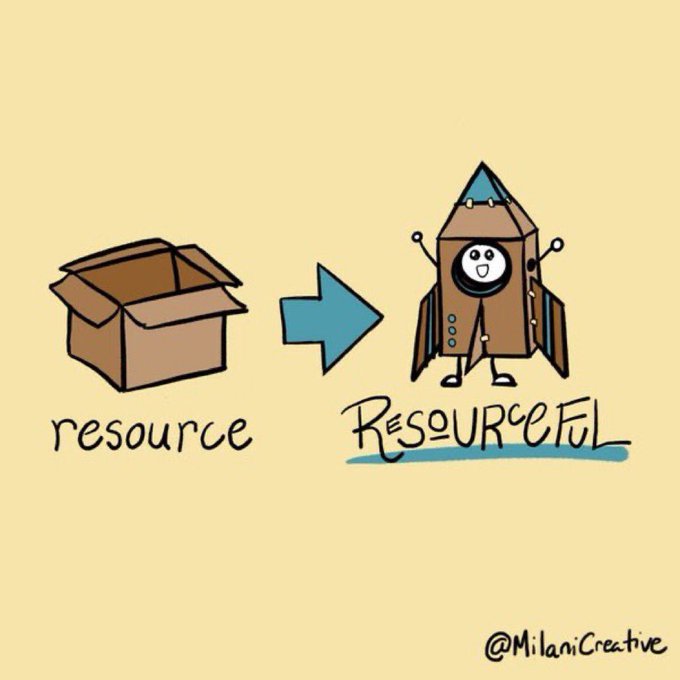Tweets of the Week 12 August, 2022

Welcome to Tweets of the Week! This is your one stop shop for the best of improvement tweets and knowledge from The Horizons team and beyond. This curates a wealth of insights, knowledge, and information about transformation in health and care from other thought leaders across the world. (Tip: to read an article or watch a video mentioned in a tweet, click on the blue text. To view the original tweet, click on the image).
#SolvingTogether
There is ONE WEEK LEFT before the Urgent and Emergency Care challenges on #SolvingTogether close to new ideas!
Don’t miss this opportunity to share your ideas! Get involved by clicking here.
#SolvingTogether works by mobilising the people who know the most (those delivering and receiving care and leading services), making them fair, accessible and inclusive for all.
Here are the four challenges that you can share your thoughts on:
![]() Finding the right urgent care service
Finding the right urgent care service
![]() Increasing technology to improve urgent care
Increasing technology to improve urgent care
![]() Supporting ambulance service to work differently
Supporting ambulance service to work differently
#SolvingTogether is your chance to be heard on Urgent and Emergency Care services. Add you idea or post a comment before the platform closes in one week on 19th August!
· What examples of a positive urgent care experience do you have?
· What made the experience good?
Have your say by clicking here to get involved in the examples of good urgent care challenge on #SolvingTogether!
A key principle of the UEC Strategy is making sure all parts of the population have consistent access to urgent care services, so we can ensure patients receive care in the right place, at the right time.
We’d like to hear about examples of innovation and best practice so we can learn from experience and share with others.
· How can we ensure future urgent care services meet the needs of the population?
· Do you have examples of services successfully working together to give people a better experience?
· Have you had a particularly good experience of urgent care, and if so, what made it good?
Have your #SolvingTogether say on the supporting ambulance services to work differently by click here to share your ideas.
· What could help people find the right service when they have an urgent care need?
Finding the right urgent care service is a challenge on the Urgent and Emergency Care crowdsourcing platform! Click here to get involved in this challenge of #SolvingTogether.
There is a difference between urgent care and emergency care.
Urgent: an illness or injury that requires urgent attention but is not life-threatening. Urgent care services include GP appointments, pharmacy advice, community services, NHS 111, out-of-hours GP appointments, and/or referral to an urgent treatment centre.
Emergency: life threatening illnesses or accidents which require immediate, intensive treatment. Services that should be accessed in an emergency include ambulance services (via 999) and emergency departments.
To help inform the UEC Strategy, we want to know how we can help people to feel confident in accessing the right service for their urgent healthcare need.
· How can we best make use of existing capacity across primary, community and urgent care services?
· How do we ensure emergency departments are only used for emergencies?
Wellbeing
Feeling respected is one of our most fundamental needs at work. Everyone must make extra effort to show respect when people work virtually, this in builds better teamwork. We can show respect through:
1) time
2) validation
3) tangibility
4) visibility
Click here to read ‘Disrespected Employees Are Quitting. What Can Managers Do Differently?’ for more insight on this.
Improvement
It’s good practice to create a challenge or problem statement at the start of a change initiative. It calls others to action & inspires hope for change. We need to ensure we get the problem (likely to be complex/wicked) and frame it well. Click here to read ‘Framing & Reframing Problems’ for more insight.
What distinguishes transformative organisations/systems?
1) shifting radically to match societal shifts
2) driven by social mission
3) between stability & dynamism
4) telling new stories
5) empathetic
6) slowing down
7) widening conversations
Click here to read ‘Transformative organisations: what if we do this right?’ for more information on this topic.
Often people say “I want to start this change project but there are no resources to support it”. Over the years, Helen has learnt that lack of resources is not typically what stops change. Resources are everywhere. It’s how we find them & what we do with them. Thank you for the graphic @milanicreative!
New research: “belonging” is the force that has the most impact on change being successfully delivered. Many people affected by change feel a sense of “un-belonging”. Stewarding through this is a key element of successfully leading change. Click here to read ‘How to Get Your Team on Board with a Major Change’ for more insight on this.
Facing up to and embracing uncertainty is an important and learnable skill. To build “uncertainty ability”:
1) Reframe perspective
2) Prepare to face unknowns
3) Take action rather than obsessing about risk
4) Practice self-care
For more information on this, read ‘Finding Positivity in Uncertainty’ by clicking here.
